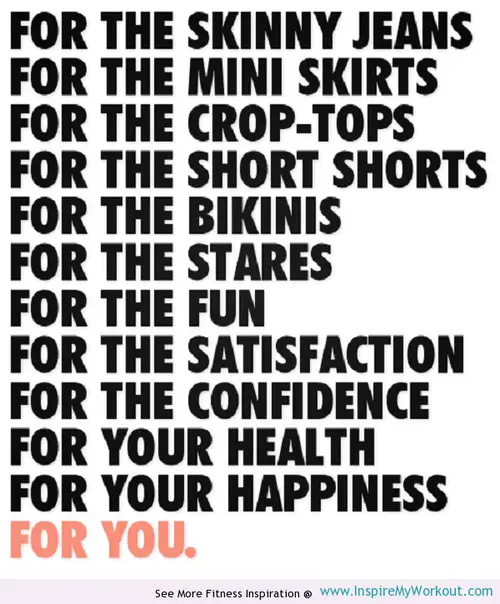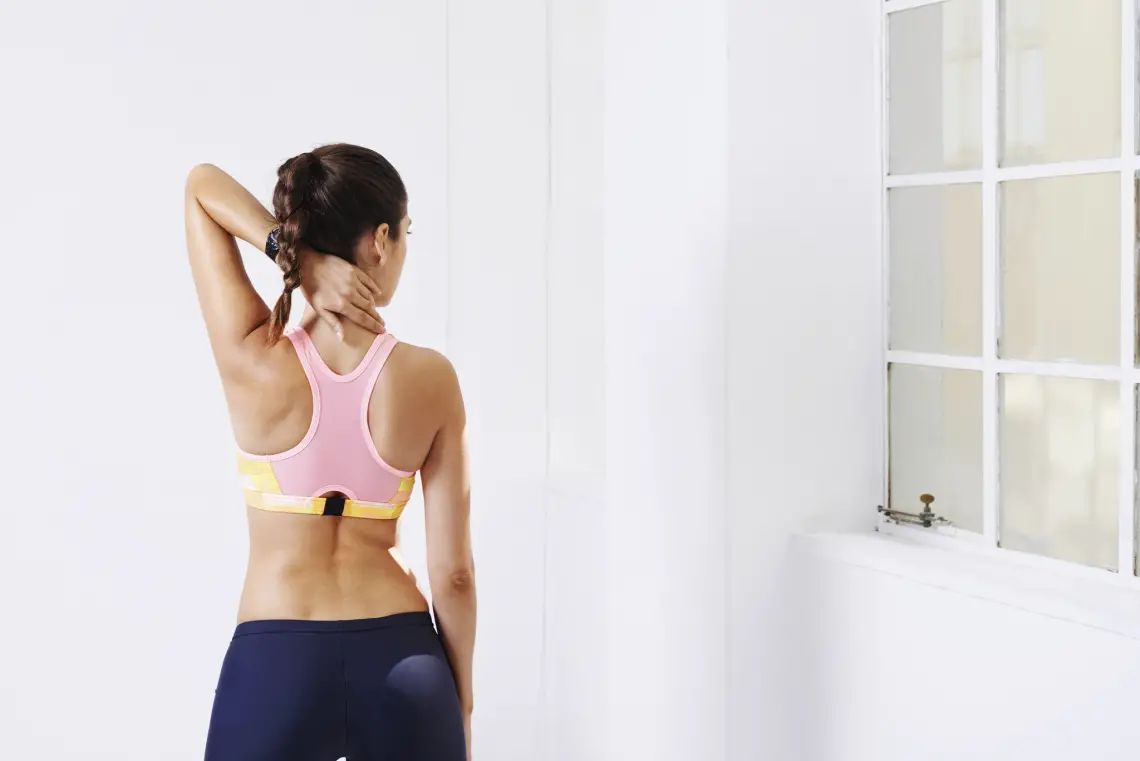The “fitspiration” trend is on the rise and women everywhere are starving. Avocado toast is something of an art now, our social media pages are overwhelmed with lavishly decorated fruit cups and yogurt parfaits, there is officially something known as “yolk porn” in which a video of someone cutting into an uncooked egg yolk is supposed to be titillating, and bright greens and flamboyant oranges on a plate are said to be motivating.
Urban Dictionary defines “fitspo,” short for fitspiration, as “images of active, strong and fit women that promote proper exercise and diet,” which certainly captures the essence of many social media and fitness blogs these days. However, upon closer examination, these posts may in fact promote something other than a healthy diet and exercise.
“What have you done to earn this?” is the hidden question many women ask themselves as they caption their posts of food that are actually more plate than food.
In this digital age, diets and exercise routines can be posted by anyone and found with the search of any number of tags. These searches can be inspiring. Hashtags can create communities and join together equally driven people to help them reach goals previously deemed impossible.
However, these trends can easily begin to blur the line between motivation and obsession. Many posts encourage philosophies of fitness that ask if you would “rather be covered in sweat at the gym or covered in clothes at the beach.” According to some, feelings of hunger can apparently be solved by drinking more water to trick your brain into thinking you are full. The #fitspo trend has led, too easily, to #thinspo.
The objective of inspiring people has become less about fitness and overall health and more about meeting societal standards of “the perfect body.” The only thing more attractive than the picture of the peanut butter and banana toast is the previous picture you posted at the beach in a flattering bikini. Often times, what we don’t see is the deception of the camera, seeing as just before you posted that picture, you were practicing sucking in your gut in order to show off your “firm abs.” With each new post, you get better at hiding behind a filter and a screen.

Back in 2013, Instagram made strides towards stopping the #thinspo trend by banning the hashtag and others from being posted by users. However, they quickly reversed their decision, allowing the hashtag #thinspiration to be searched by users everywhere. Epic fail.
Tips and tricks on how to maintain #skinnylegs and get the oh-so desired #thighgap continue to get posted. This kind of accessibility has many people worried; clean eating has now become a slippery slope.
Many people hear the term “eating disorder” and immediately think of anorexia or bulimia, yet a different disease has come to the forefront of today’s discussion due to this #fitspo trend. Orthorexia, an eating disorder originally named by Dr. Steven Bratman in 1997, is an illness in which suffers are concerned with the quality of the food they are eating. It is an unhealthy obsession with healthy food.
Unfortunately, while Dr. Bratman has officially presented a scientific definition for the disease, doctors today cannot diagnose patients with orthorexia as a disease. This is because it has not been accepted into the DSM, which is the official manual that doctors use to diagnose patients with these kinds of disorders. So where do we go from here?
Instagram is only ground zero for the fetishes we have developed for #cleaneats with kale and beets. Some people have even made their fame from their fitspiration. Kayla Itsines is one of these people. She is arguably the most popular leader in the workout community, encouraging women with her Bikini Body Guide to make her plan a lifestyle.
An Australian personal trainer, author and entrepreneur, Itsines created a fitness community that has allowed more than twenty million women to increase their fitness and confidence levels. She has an estimated seven million followers on Instagram—almost as many as Gwyneth Paltrow and Cameron Diaz combined. “Kayla’s Army” is what the BBG community often refers to themselves as, offering before and after pictures across their social media pages and crediting Itsines with their flatter abs and toned arms. In 2016, according to an online analytics company, Sweat with Kayla had generated more revenue than any fitness app that year. This topped Nike+ and Under Amour’s MyFitnessPal.

Interestingly, Itsines has stated her regrets on naming her guides “Bikini Body” and explains that her reasoning behind the name of her app (Sweat with Kayla) is that sweat is empowering. She explains that there is not only one, single body type that is appropriate to be seen in a bikini, or in any type of clothing for that matter. Women especially are all too often tricked into believing there is only one way to look good, and that it is by being skinny.
They are told that “nothing tastes as good as skinny feels.” They post pictures of ornately colorful foods and backgrounds to motivate themselves to stay on track. But these trends and hashtags are as deceiving as they seem. As many people continue to make their living, and sometimes fame, off of these social media trends, their followers are no longer hungry for food. They are hungry for the thrill of being a part of a community that seems to support these obsessive tendencies.
No one posts videos of the girls who stand in front of the mirror for twenty minutes judging themselves inch by inch. No one hashtags the donuts they snuck in between breakfast and lunch because the three almonds they thought would tide them over weren’t enough.
While the #fitspo trend allows for a community to thrive and for people to connect based on similar allergies or injuries that may alter their specific workout plans, it has also allowed for an imaginary “ideal woman” to seem real. A quick search through the hashtag #fitspo and you can see that the motivation is often about hip bones instead of healthy pizza. Apparently, confidence doesn’t come with a side of fries, and the double-scoop cup of ice cream is actually a laughing matter.“Healthy” has now become a loaded word filled with green, plant-based answers.
While maintaining a healthy lifestyle is important, we must gauge how much of ourselves we lose in the process of being overly concerned with what we eat. Enjoy your meals for what they are, regardless of whether they come with a side of fruit or a side of extra-crispy bacon. Put the phone down and savor the taste of your sprinkle-topped ice cream cone, rather than the savory amount of likes you are getting after you post. Break the yolk of the eggs on top of the deliciously trendy avocado toast you ordered without the #yolkporn incentive.
Be one with your food, with your exercise, with your body and with yourself, because at the end of the day, no plate of food is ever worth more than the price of your self-esteem.















[…] Stenberg, M. (2017, July 19). #Fitspo and the Hashtags People Don’t Talk About. Study Breaks. https://studybreaks.com/culture/fitspo-thinspo-diet-health/ […]